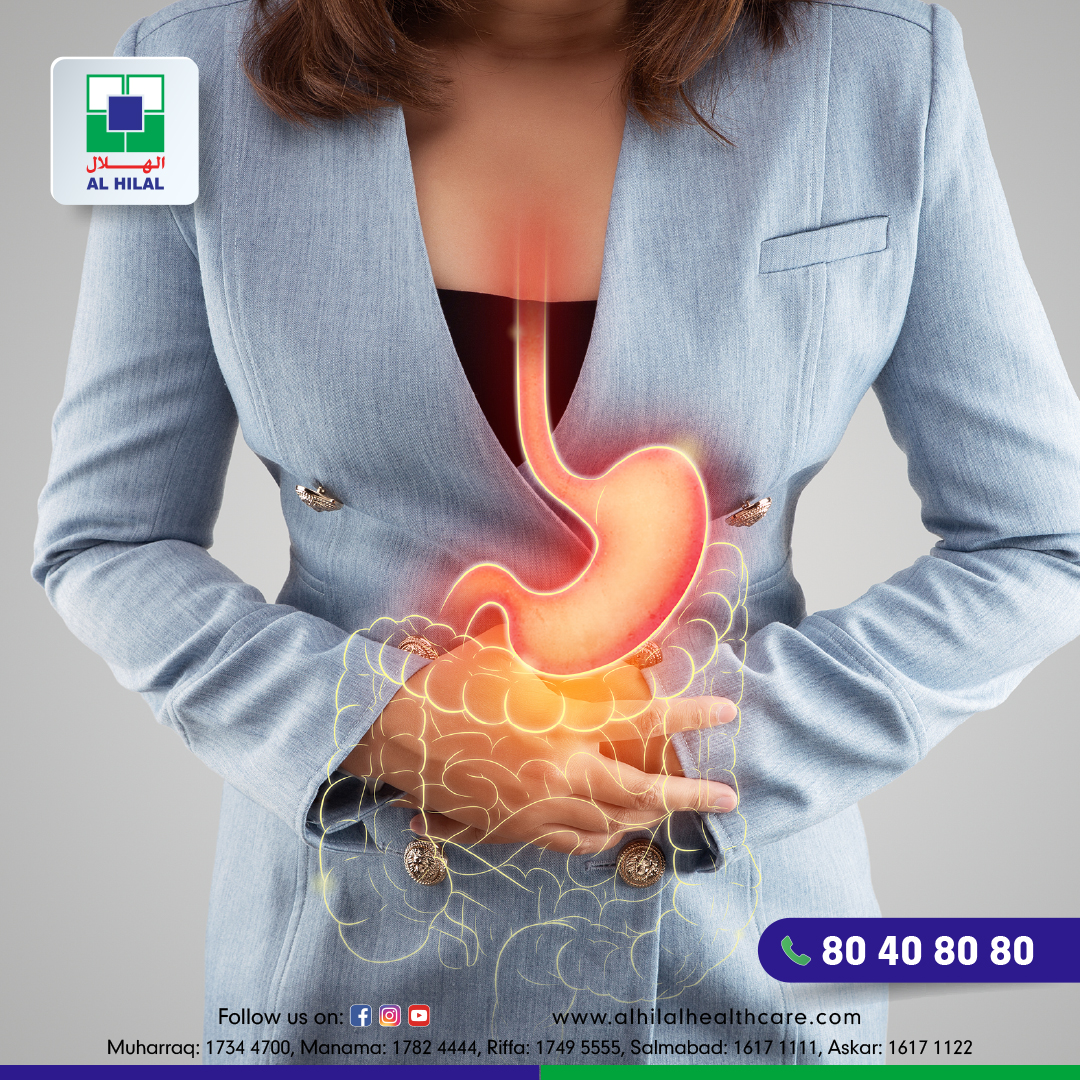What is Gastroesophageal Reflux Disease (GERD)
GERD, Gastroesophageal Reflux Disease, is a digestive disorder in which the ring of muscle between stomach and esophagus is affected. This ring is known as lower esophageal sphincter (LES), and the damage results in acid backwash from stomach into esophagus, throat, and mouth- causing acid indigestion or heartburn. GERD is also caused due to hiatal hernia, and in most of the cases, it could be controlled and managed through diet and some lifestyle changes. However, sometimes medication and surgery might also be required.

GERD Causes
In normal process of digestion, LES would open allowing food into the stomach, and then it would close to stop acidic stomach juices and food from going back into esophagus. Gastroesophageal reflux usually happens when LES is either weak, or it relaxes when it should not- allowing contents of stomach to flow up into esophagus. Hence, the major GERD causes include relaxation or weakening of the lower esophageal sphincter (valve).
GERD Symptoms
Heartburn and acid indigestion are the most common GERD Symptoms- that feels like a burning chest pain, starting behind the breastbone and moving upward to the throat and neck. Symptoms of acid reflux can also be described as the feeling of food coming back into mouth, leaving bitter taste of acid. The pain can last for up to two hours and is sometimes also mistaken for a heart attack. In addition to pain, symptoms of acid reflux also include
- Bad breath
- Nausea
- Hard time swallowing
- Trouble breathing
- Vomiting
- Lump in throat
- Wearing away of tooth enamel
GERD Symptoms at Night
GERD symptoms sometimes tend to intensify at night, and during sleep. If you have GERD Symptoms at Night, you might experience
- Laryngitis (Inflammation of the vocal cords)
- Lingering cough
- Sleeping problems
- Asthma that comes suddenly and continues to get worse
GERD Diagnosis
GERD is a chronic and relapsing condition, that is linked to quality of life and lifestyle of the patient. Generally, clinical presentation is enough to make GERD Diagnosis, however, in some patients it might also require endoscopy, and in very rare cases, ambulatory pH monitoring.
The diagnostic process begins with the patient presenting commonly known symptoms, including regurgitation and heartburn, sometimes also chest pain. After ruling out underlying cardiac problems, a medication trial with proton-pump inhibitors (PPIs) is conducted to confirm GERD diagnosis and lead to proper treatment. however, if required, endoscopy or esophageal biopsy and ambulatory reflux monitoring is also conducted for GERD diagnosis.
GERD Treatment
GERD treatment is meant to cut down the amount of reflux and lessen the damage to lining of esophagus caused by refluxed material. Some over the counter medication might be recommended for GERD treatment, including
- Antacids- to assist in neutralizing acid in stomach and esophagus, avoiding heartburns.
- H2 blockers- for chronic heartburn and reflux. These help in blocking secretion of acid in stomach.
- Proton pump inhibitors (PPIs)- also called acid pumps, they block the protein required to make stomach acid. This is the most used medication for acid reflux treatment
- Prokinetics- used in rare cases, it helps in making the stomach empty faster, leaving very little acid behind.
GERD Diet
GERD diet should be comprised of
- High-fiber foods- including whole grains, root vegetables and green vegetables.
- Alkaline foods- like melons, bananas, cauliflower, nuts, and fennel
- Watery foods- lettuce, cucumber, celery, watermelon, herbal tea, and broth-based soups
GERD Foods to Avoid
Food items that are high in spice, salt and fats are the main GERD foods to avoid. The list also includes fast food, fried food, processed snacks, chili and pepper, fatty meats, cheese, chocolate, citrus fruits, peppermint, and carbonated beverages- as all these contribute to worsening of GERD symptoms.
GERD Prevention
Following lifestyle changes are generally helpful in GERD prevention- they also serve to provide long term acid reflux treatment.
- Maintaining healthy weight
- Avoiding heavy meals- instead eat in small portions
- Avoiding fatty food
- Sitting upright while and after eating- sit straight for at least 60 minutes after eating
- Eat at least 3 hours before sleeping
- Avoid clothes that are tight and squeeze stomach
- Quit smoking
How to cure GERD permanently?
GERD is easy to manage, prevent and cure permanently, using the appropriate approach, and if required, the suitable medication. It is often asked ‘how to cure GERD permanently?’. The answer mainly lies in the lifestyle changes mentioned above, including GERD diet and GERD prevention methods. If you adopt a healthy and fit lifestyle, mainly including alterations in eating and workout pattern leading to maintenance of appropriate weight, you would be able to cure GERD permanently.
Al Hilal Hospital Bahrain, Department of Gastroenterology
For early diagnosis and effective treatment of GERD, you must consult Gastroenterologist at the earliest.
At Al Hilal Hospital Bahrain, Department of Gastroenterology, we have highly qualified and experienced Gastroenterologist, with proven record of accurate diagnosis and treatment. In addition, we have state-of-the-art equipment, professional staff members and modern laboratories, to provide testing and treatment facilities, including several sophisticated procedures, for our patients. Contact Al Hilal Hospital Bahrain, Department of Gastroenterology today, for early diagnosis and accurate treatment of GERD as well as other gastrointestinal, liver, and pancreatic disorders.

